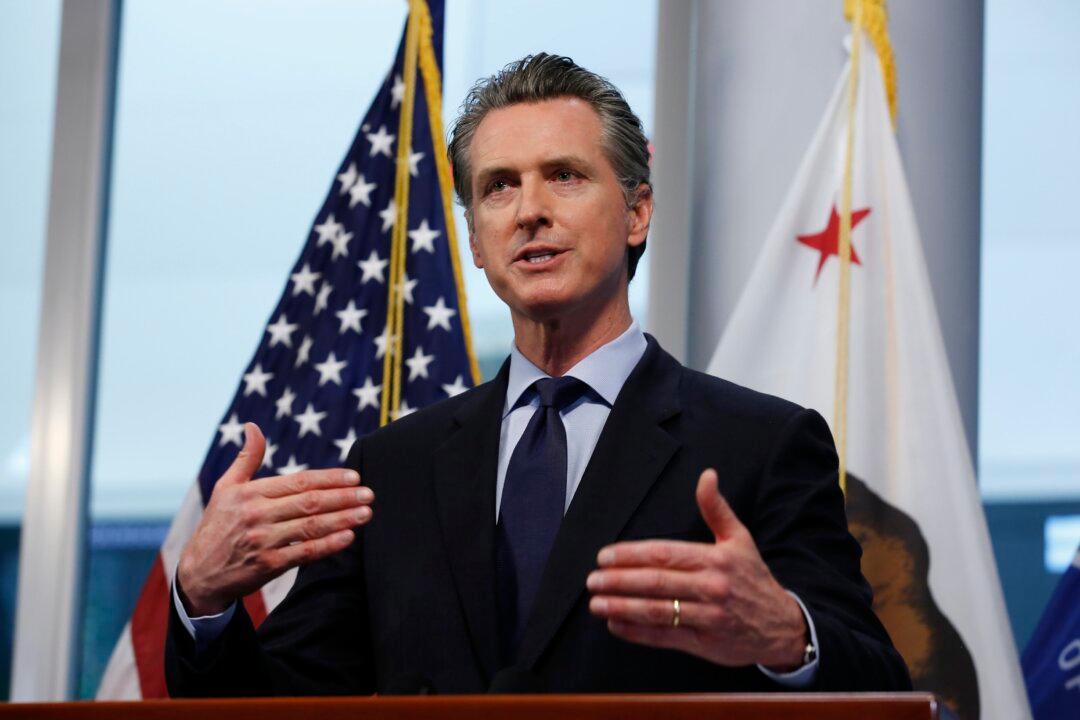California lawmakers on Monday passed a bill that would send $600 payments to nearly six million people, with Gov. Gavin Newsom expected to sign it into law soon.
The payments are part of a $7.6 billion COVID-19 relief package the state Legislature overwhelmingly approved, with the backing of Newsom, a Democrat.





